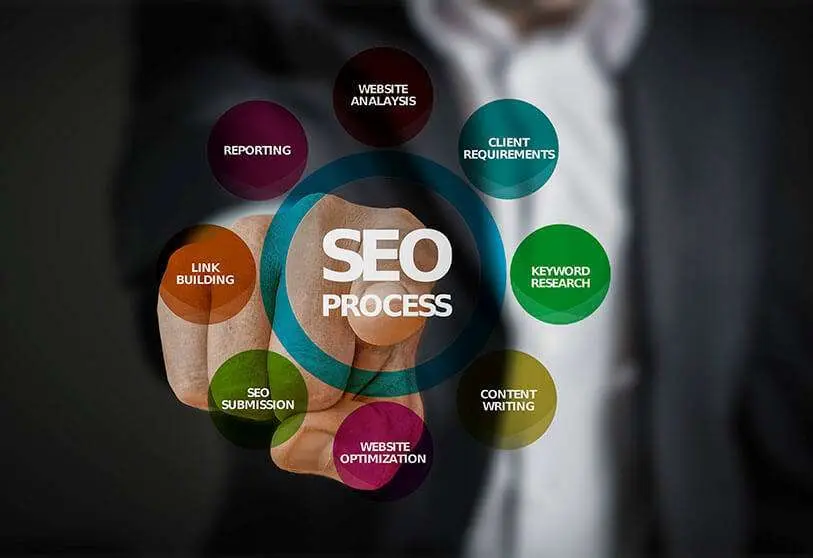SEO is a lie

Search Engine Optimisation stands for SEO. A method for writing on the internet and pleasing search engines. Specifically Google. What does it consist of? Choosing a keyword and repeating it several times throughout the text. Including it in the headline, at the beginning of the first paragraph, putting it in bold and with the largest font... Google also likes short sentences. Links to other websites and to other articles on your own website and no more than 300 words.
Journalism or simple writing that you learn at school is subject to these rules if you want Google's dictatorship to like your text. The SEO fever has led to thousands of internet gurus selling infallible methods for positioning texts. Eighty-hour courses costing no less than 500 euros for the public to learn how to "write for the internet", which is not the same as writing to tell your grandmother something in a letter.

Web managers entered into agreements with platforms to include in their text editors a tool to measure SEO before publishing what is written. On the basis of losing, in one case, common sense and, in the other, money.
Every day, media editors and relevant blogs receive emails from companies eager to publish an article on their websites. 100% SEO texts that would delight Google's indexer. All chewed up so that their product appears in the first results. That's what they sell, but what you get are 300 words with no head or tail. Short sentences containing the keyword of the day and links to their website. Shaming journalism for a handful of euros has never been so easy.

Google has taken the mask off the big lie of SEO. In fact, it was thanks to human habits and common sense. It is also thanks to the media that have decided to turn their backs on this absurd practice in order to recover such basic registers of the profession as the 5Ws, opinion, information, articles, reports... The usual, but transferred to the Internet. Texts of 200 words or 1,500. If it is interesting, it doesn't matter how long it is.
So how do I get read online? The first is by telling something interesting. The second is by telling it well. Thirdly, by spreading the message through all the social networks you have and adapting it to those platforms. It's not the same to post it on Facebook (if this social network is good for anything) as it is to post it on Linkedin or in an Instagram story. And, finally, making the website that includes the article relevant because it offers other interesting content. It is about giving value to what truly has it, and not to the infamous art of putting letters together in exchange for euros or visits.

For example, the website lamoncloa.com is the third result in Google if you search for La Moncloa. The first is the website of the President of the Government's residence, but this media has positioned itself at the top by uncovering the sewers of the State with a very basic image. Substance over form. People read their news because even other media replicate and quote them. Nothing more than a relevant scoop is needed for them to exist. They won't even have heard of SEO in their corridors.
SEO will remain a showcase for what we publish. For an attractive headline that is as close as possible to journalism and does not go around with riddles and a few lines that summarise for the reader what it is going to be about. Without creating false expectations. Let's not be too fussy either. Just as fruit sellers like to display the best genre and twist the apple a little so that the bruises are not visible, journalism loves a headline so that the reader may choose your news and not that of another media outlet. Because Google's display window is treacherous.

Readjusting SEO will put an end to clickbait. What's more, this practice is almost a myth that journalistic sybarites have used to their advantage. Clickbait helps false SEO. It is about giving a text a headline in such a way as to get a sure click. Once inside, nothing is said about the headline. Nothing at all. Instead, there is just another boring text, because the goal was to get the visit. This is a dead issue. One other thing is that the media have decided to take the path of captious, intriguing, long, threatening, hilarious headlines... to attract visits. That is a problem concerning journalists and journalism itself. And those readers who accept this practice.
The SEO lie will end when people write for people and not for machines. With a good grammar, a good vocabulary, using punctuation marks. You don't have to be a journalist to write well, although training helps. But if you write, write about interesting subjects and spread the word well. You will get results. The Internet is not only Google.








